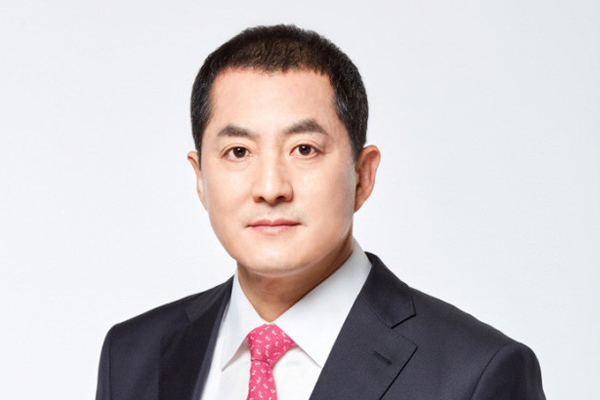By National Assemblyman Dae-Chul Park
Good morning.
My name is Park Dae-chul. I am a member of the National Assembly of the Republic of Korea.
First of all, I would like to thank the hosts for organizing this meaningful event and everyone participating in this webinar. Korea CPAC has extended a warm invitation and I am grateful for their tenacity and passion in the fight to preserve freedom in South Korea.
It is an honor to be here with U.S. Congressman Mike Johnson with whom we share a mutual goal of keeping elections – the bedrock of democracy – as free and fair as possible.
Unfortunately, there is a lingering controversy over election irregularities in the last South Korean general election held in April 2020, and in the recent U.S. presidential election as well.
I think that any controversy surrounding election integrity hinders the democratic process and national unity.
However, I believe we do have a common understanding that we need fundamental reform of the current electoral system to improve transparency in the voting and counting processes in order to avoid similar controversies in the future.
Our national electoral law is known as the Public Official Election Act. I would like to talk briefly about the “Bill to partially amend the Public Official Election Act,” which I introduced on March 17, 2021, as the main sponsor. I believe that this bill to partially amend the current law will implement the necessary changes to safeguard future elections and democracy as a whole.
In South Korea, following the end of the voting session the ballot boxes are moved to counting stations, the votes are then counted using ballot sorting machines. However, after this election, allegations were raised of ballot sorting machine errors and security-related issues having to do with the transport of ballot boxes.
Due to the possibility of ballot sorting machine problems, I propose using manual counting as the primary method of counting, while allowing other mechanical and electronic equipment to be used for supplementary purposes in the bill.
Also, there are currently no legal grounds to check via video how ballot boxes are stored and transported after the early voting period ends which is several days prior to election day. This, along with other apparent irregularities is why some citizens argued that the early voting results have been manipulated in certain South Korean elections.
This is why I included a clause in my bill that would guarantee the safety and credibility of early voting management, along with ways to record video images of the storing and transporting processes for the ballot boxes. In effect, this creates a video ‘chain of custody.’
My colleague, Representative Park Wan-soo also introduced a bill to amend the Public Official Election Act, which aims to strengthen the overall security system of the early voting process. It has tougher measures to prevent hacking attempts into the electoral infrastructure and expands the number of CCTVs monitoring election sites. I expect that this will help reduce the people’s distrust of South Korea’s early voting system and will bolster faith in the entire electoral system.
Through this webinar, it is my hope that we find effective solutions to strengthen the fairness and integrity of elections.
For my part, I will also do my best to pass my bill as early as possible.
I would like to conclude by once again thanking everyone who has joined this webinar.
Thank you.
PARK Dae-chul is a former South Korean journalist who is a current member of the National Assembly of the Republic of Korea. He is a three-term National Assemblyman representing the district of Jinju City, currently of the conservative, opposition party, the People Power Party (PPP).
Park graduated from Yonsei University with an undergraduate degree in political science and diplomacy. He also received a master’s degree in diplomacy and international security from Yonsei University. Park’s career began as a reporter for Seoul Shinmun newspaper, where he worked from 1988 until 2012, working his way up through various departments until he became an editor.
Park was first elected to the National Assembly in the 19th general election, from 2012 to 2016, won reelection in the 20th general election (holding his seat from 2016 to 2020), and recently won his third term in the 21st general election held April 15, 2020, beginning his third term on May 30 of the same year. Park has held and continues to hold important party leadership and committee positions within the People Power Party and in the National Assembly, such as party spokesman, committee member of the Special Committee on Budget and Accounts, Deputy Speaker of the Policy Committee, and Chairman of the Special Committee on Victim Support for Left-wing Governments’ Broadcasting Control. In his third and current term, Park is a member of several committees in the National Assembly, including member of the Select Committee on Semiconductors, among others.
Park made headlines in late 2019 when he spoke for the second longest time filibustering for almost six hours on the floor of the National Assembly regarding the bill for reform of election laws. He has recently introduced a bill to propose amendment of the Public Official Election Act to ensure transparency and is a proponent of the need for manual counting of votes and instead using machines as a back-up system. Park also stressed the importance of videotaping the storage and delivery of early-voting mail-in ballots, and the use of regular bar codes instead of QR codes.



